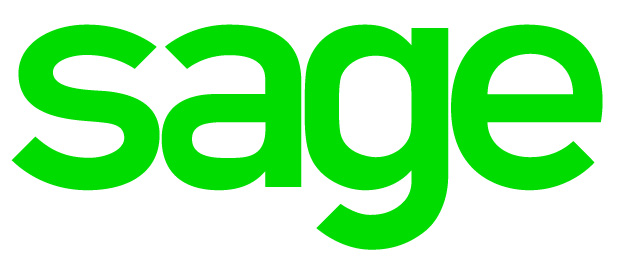Data Protection obligations
Everyone in business that handles personal data must register for data protection purposes with the Information Commissioners Office.
Most business will need to pay an annual fee of £40 or £60 but this can rise to £2,900. Some organisations only pay £40 regardless of their size and turnover. These are: charities and small occupational pension schemes.
If you need to register, there is an online process you can use at https://ico.org.uk/for-organisations/data-protection-fee/self-assessment/.
What is personal data?
Understanding whether you are processing personal data is critical to understanding whether the UK GDPR applies to your activities. Generally speaking, personal data is information that relates to an identified or identifiable individual. The following additional definitions are reproduced from the ICO website:
- What identifies an individual could be as simple as a name or a number or could include other identifiers such as an IP address or a cookie identifier, or other factors.
- If it is possible to identify an individual directly from the information you are processing, then that information may be personal data.
- If you cannot directly identify an individual from that information, then you need to consider whether the individual is still identifiable. You should consider the information you are processing together with all the means reasonably likely to be used by either you or any other person to identify that individual.
- Even if an individual is identified or identifiable, directly or indirectly, from the data you are processing, it is not personal data unless it ‘relates to’ the individual.
- When considering whether information ‘relates to’ an individual, you need to consider a range of factors, including the content of the information, the purpose or purposes for which you are processing it and the likely impact or effect of that processing on the individual.
- It is possible that the same information is personal data for one controller’s purposes but is not personal data for the purposes of another controller.
- Information which has had identifiers removed or replaced in order to pseudonymise the data is still personal data for the purposes of UK GDPR.
- Information which is truly anonymous is not covered by the UK GDPR.
- If information that seems to relate to a particular individual is inaccurate (i.e., it is factually incorrect or is about a different individual), the information is still personal data, as it relates to that individual.
Latest News
- Save up to 2k a year on childcare costs - July 10, 2025
- Inheritance Tax proposals spark concern for farming families - July 10, 2025
- Slowing growth and rising borrowing -what this means for your business - July 8, 2025
- Do you have additional income streams? - July 7, 2025
- Setting up a payroll scheme - July 7, 2025
- Tax gap estimated at five percent for 2023-24 - July 7, 2025
- Winter Fuel Payments reinstated - July 7, 2025
- The value of tax planning for high net worth individuals - July 7, 2025






